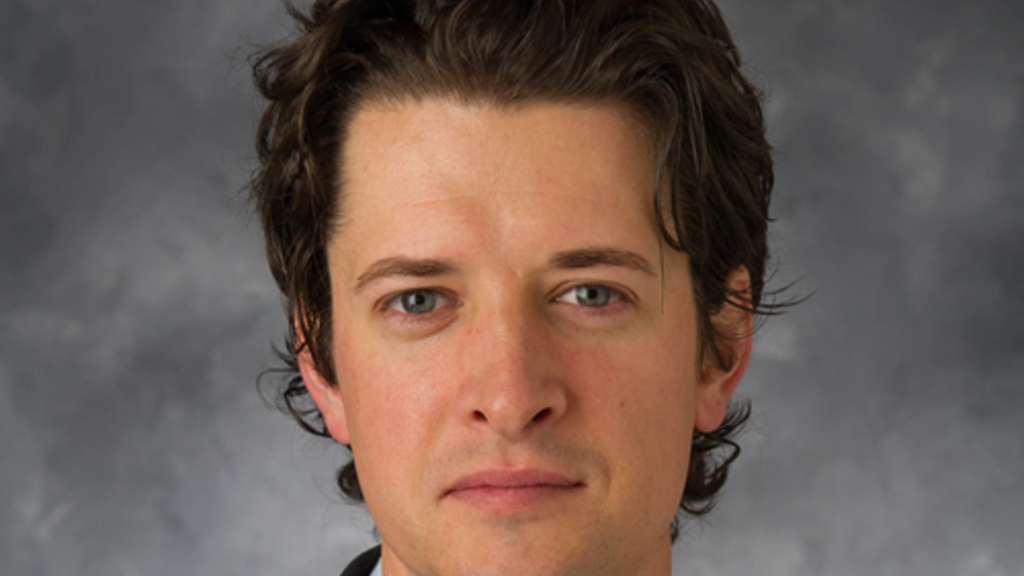By Kaylee Alivo
New Year’s resolutions often start with big ambitions, but by mid-January, many people find themselves struggling to stay on track. Lucas Carr, an associate professor in the Department of Health and Human Physiology in the College of Liberal Arts and Sciences offers a simple yet effective approach: start small, stay consistent, and be patient.
Read on as Carr shares practical advice on building healthier habits, overcoming obstacles, and how the Community Health Collaborative is empowering individuals to take charge of their wellness in this Q&A.
Q: What are some examples of small, health-related habits that people could start with to improve their overall wellness?
A: Some examples could be as simple as doing five sit-ups in the morning or drinking an extra glass of water in the morning. A collection of small habits can have a big impact.
Q: You talk about finding a time and location to repeat a habit daily. Can you explain why those consistent cues are so important for habit formation?
A: Locations are great cues because they are ever present in our daily routines. It can be helpful to choose a location that matches with the intended habit. For example, if you want to increase your water intake, the kitchen might be a good location. With repetition, we subconsciously begin to connect the location to the habit.
Q: When life gets busy or people are traveling, it can be easy to fall off track. What advice do you have for staying consistent with healthy habits during those times?
A: This can be a challenge, especially if you use the location as your cue. For the person who travels often, it may be useful to connect the habit to another behavior that is always part of our usual routine. For example, a person could set a habit of doing five squats after they wash their hands. Washing hands then becomes the cue.
Q: You recommended choosing just one habit to start with instead of trying to do too much at once. How does this approach improve the likelihood of long-term success?
A: I make this recommendation because creating new habits is difficult. I think people tend to have better success when they get good at practicing one thing and then moving on to the next.
Q: Many people set big New Year’s resolutions, but they often lose steam by mid-January. What advice would you give to someone who’s struggling to stick with their goals right now?
A: I think it’s helpful for people to understand right up front that a habit takes time. You should plan to practice a new habit [for] a minimum of three months before it feels more automatic. If a habit is not sticking, the person should make some tweaks to the process and try it again. It’s OK to experiment.
Q: Once a person successfully builds a habit, what’s the best way to approach adding new ones without becoming overwhelmed?
A: The good thing about habits is we do them without thinking much. So, once a habit is in place, the individual should be able to try adding a new habit without feeling too overwhelmed.
Q: As founding director of the Community Health Collaborative, can you share how your team’s work, including free health testing and outreach, supports people in their journey toward healthier lifestyles? How can someone get involved or benefit from these resources?
A: The services we provide are meant to help people learn more about their current health status and help people make changes through health coaching. For more information on the health services provided by the Community Health Collaborative website.
To learn more about building healthy New Year’s resolutions, watch a KCRG story featuring Carr.
